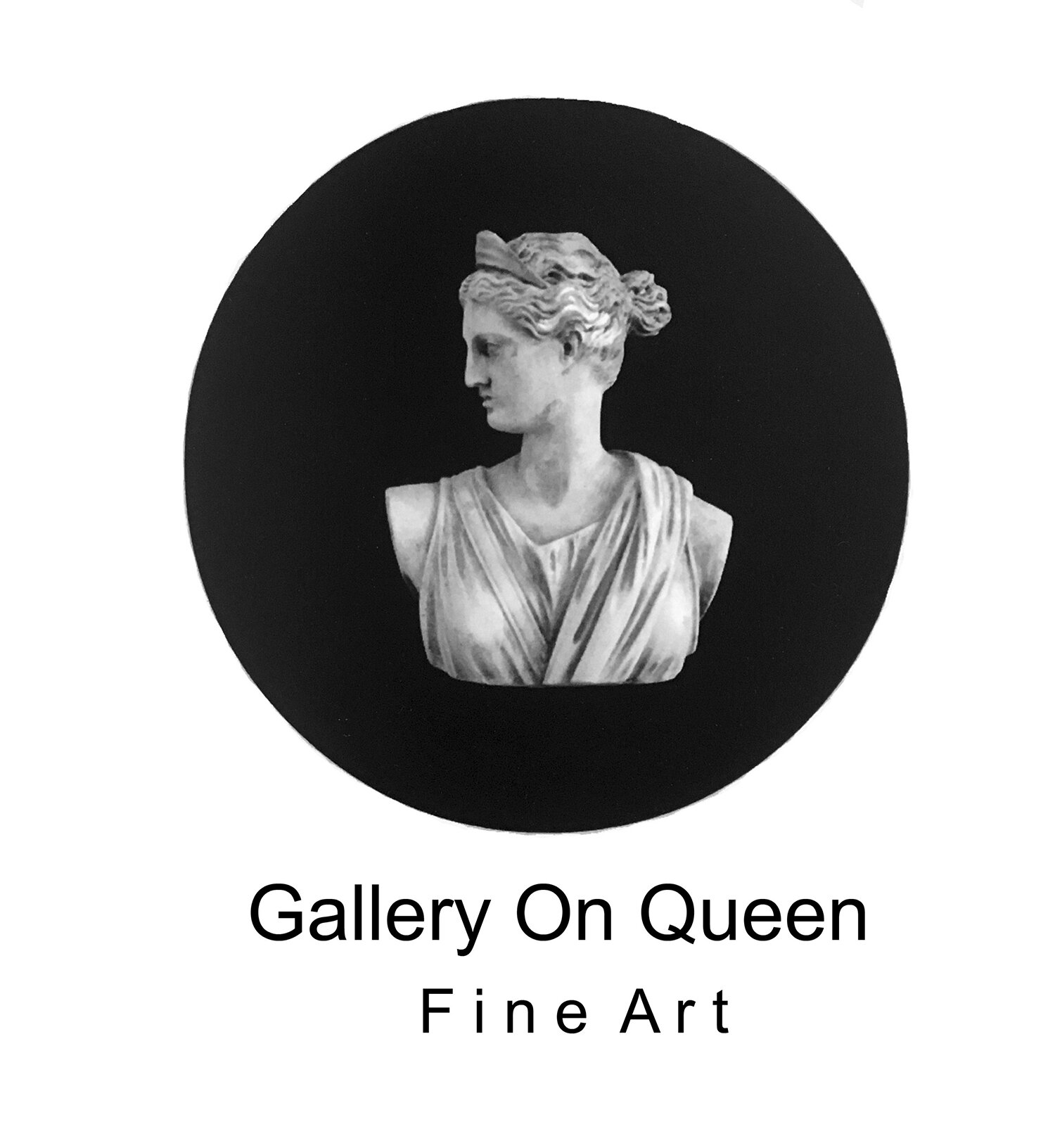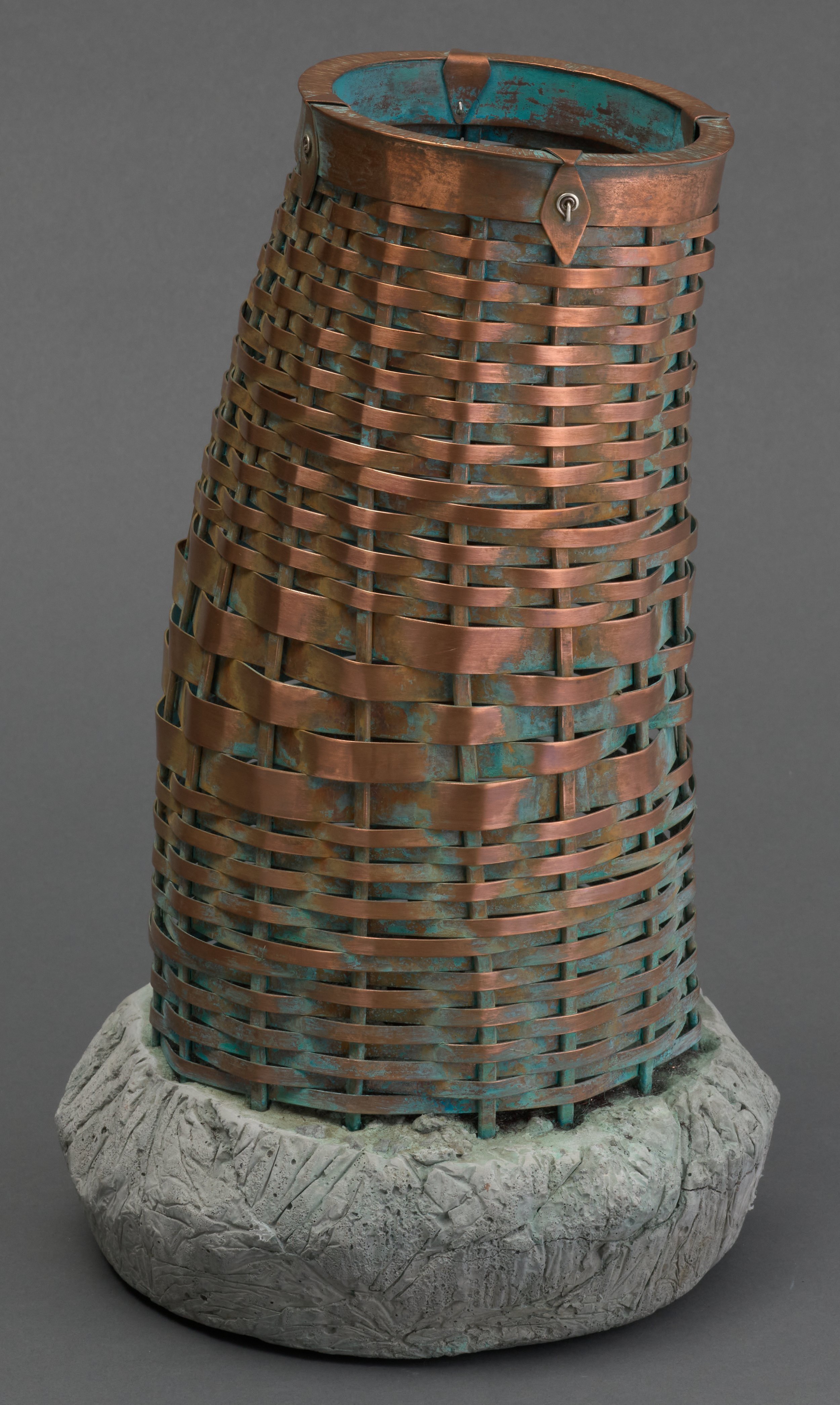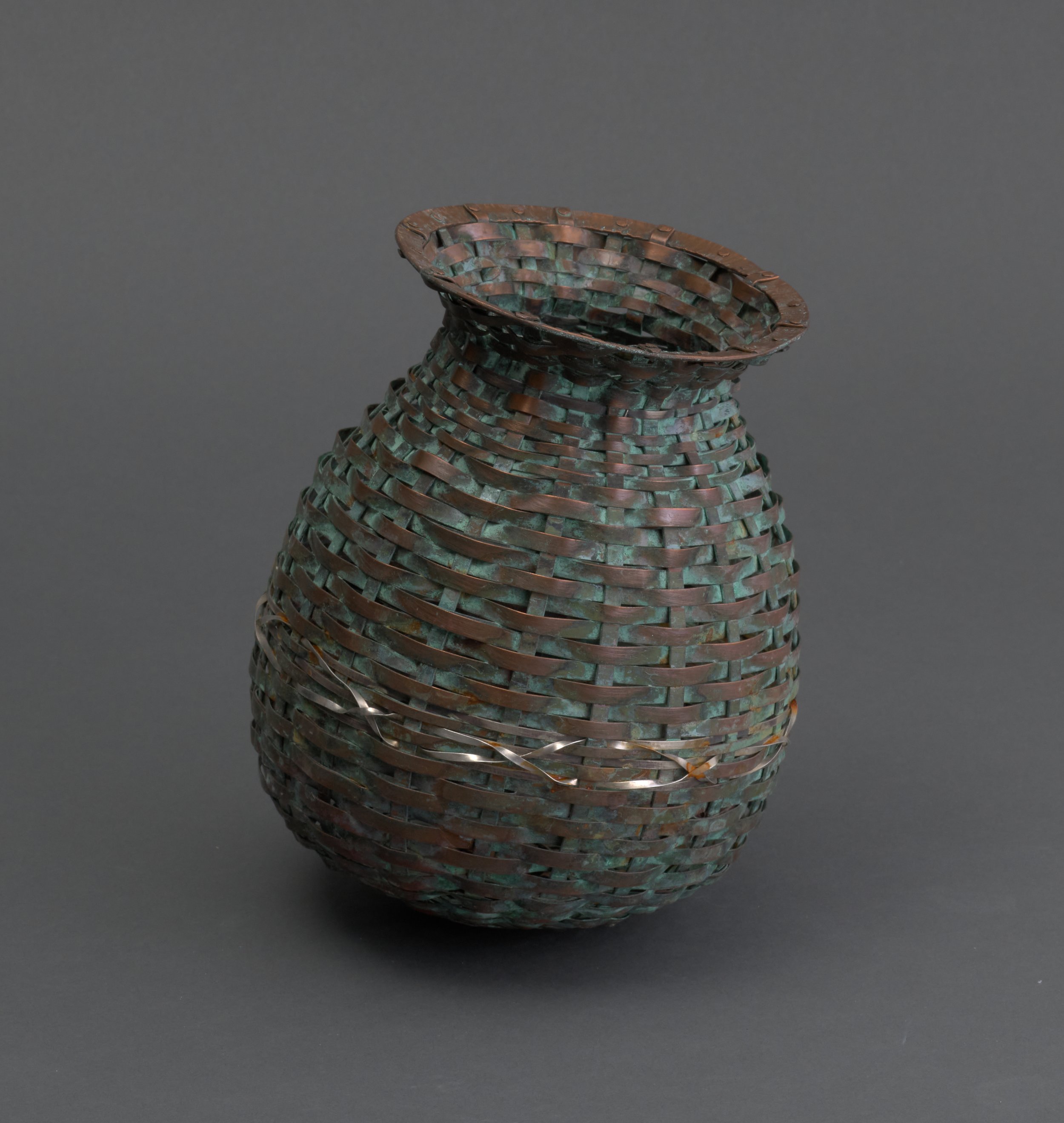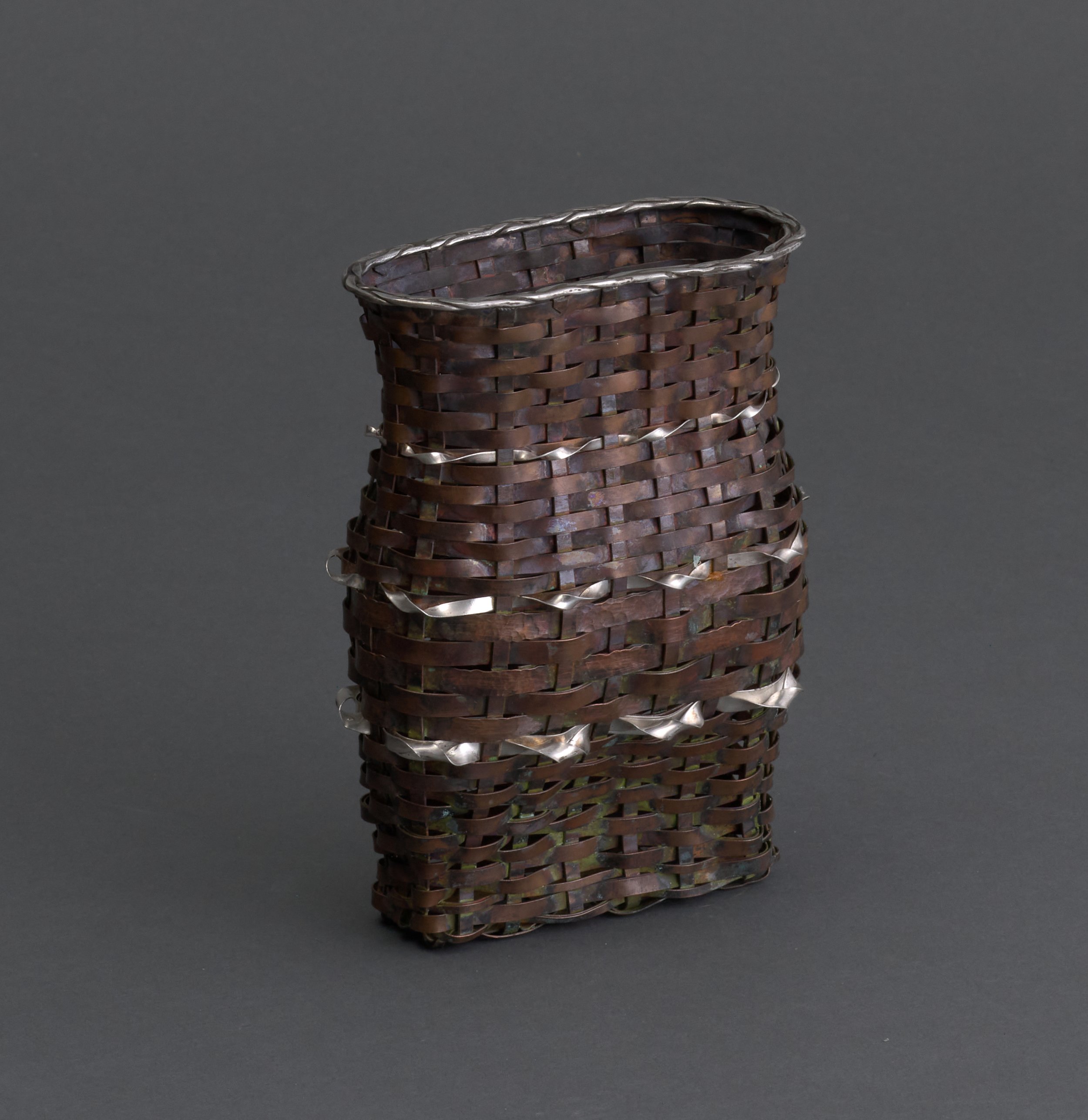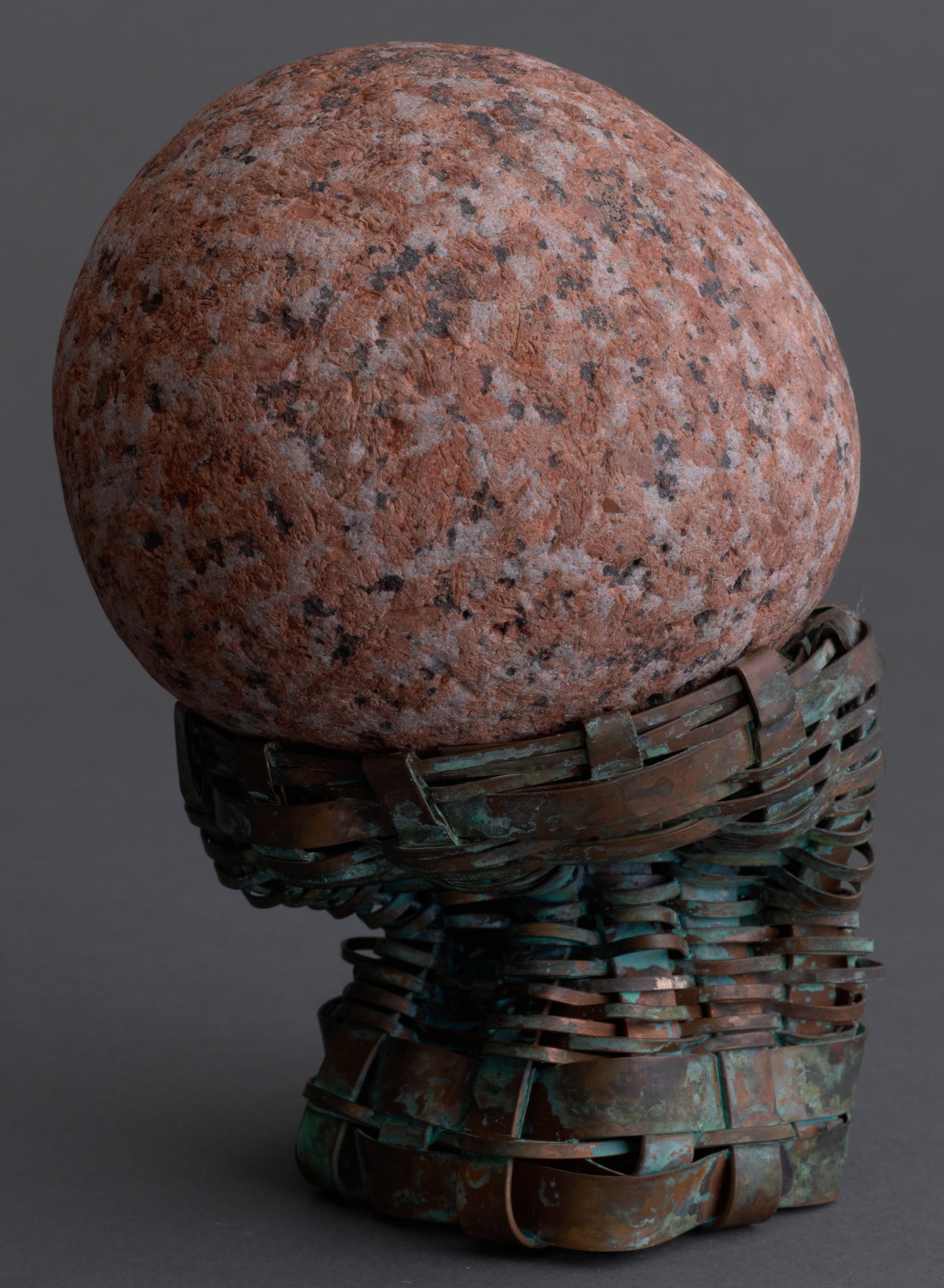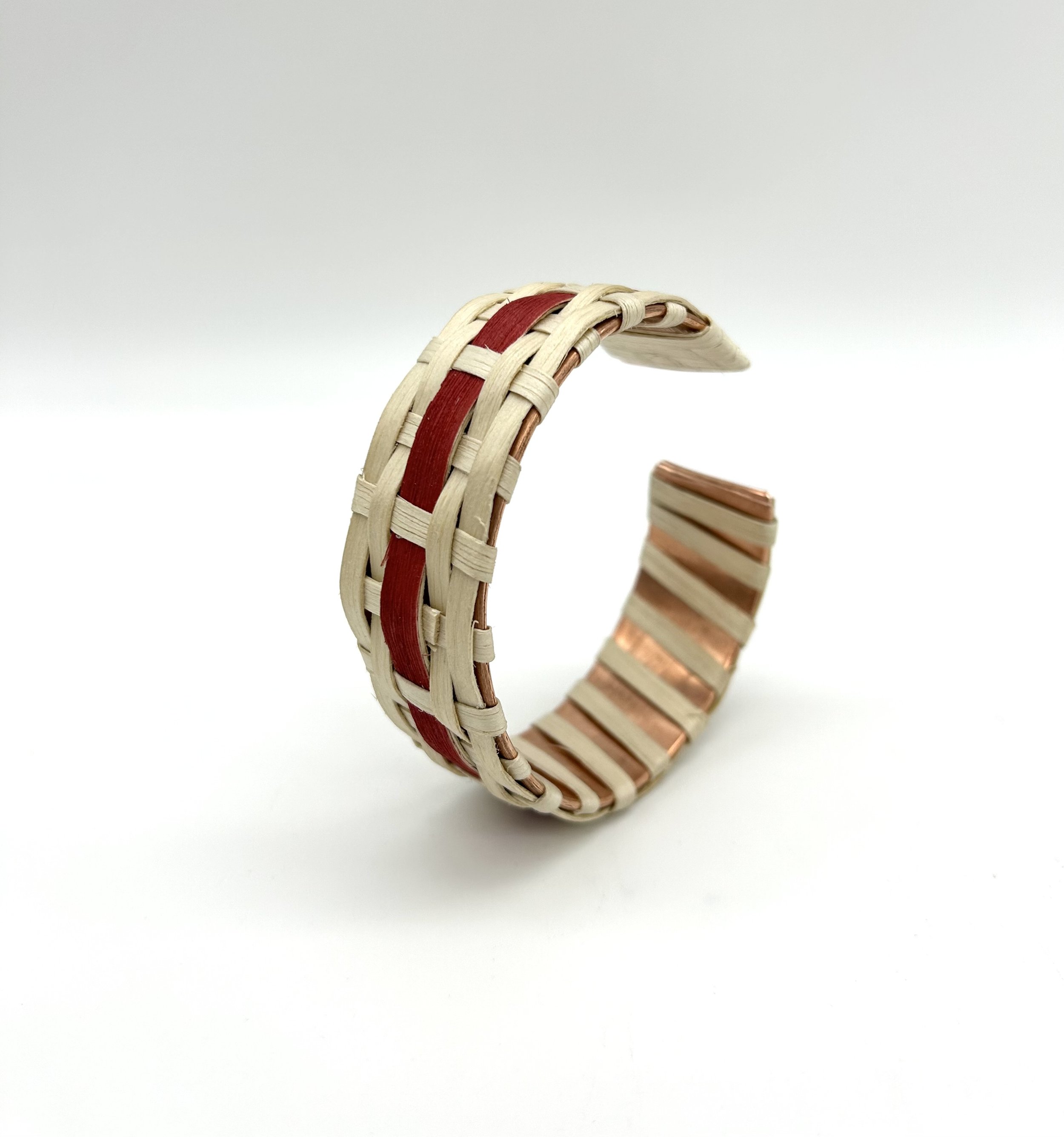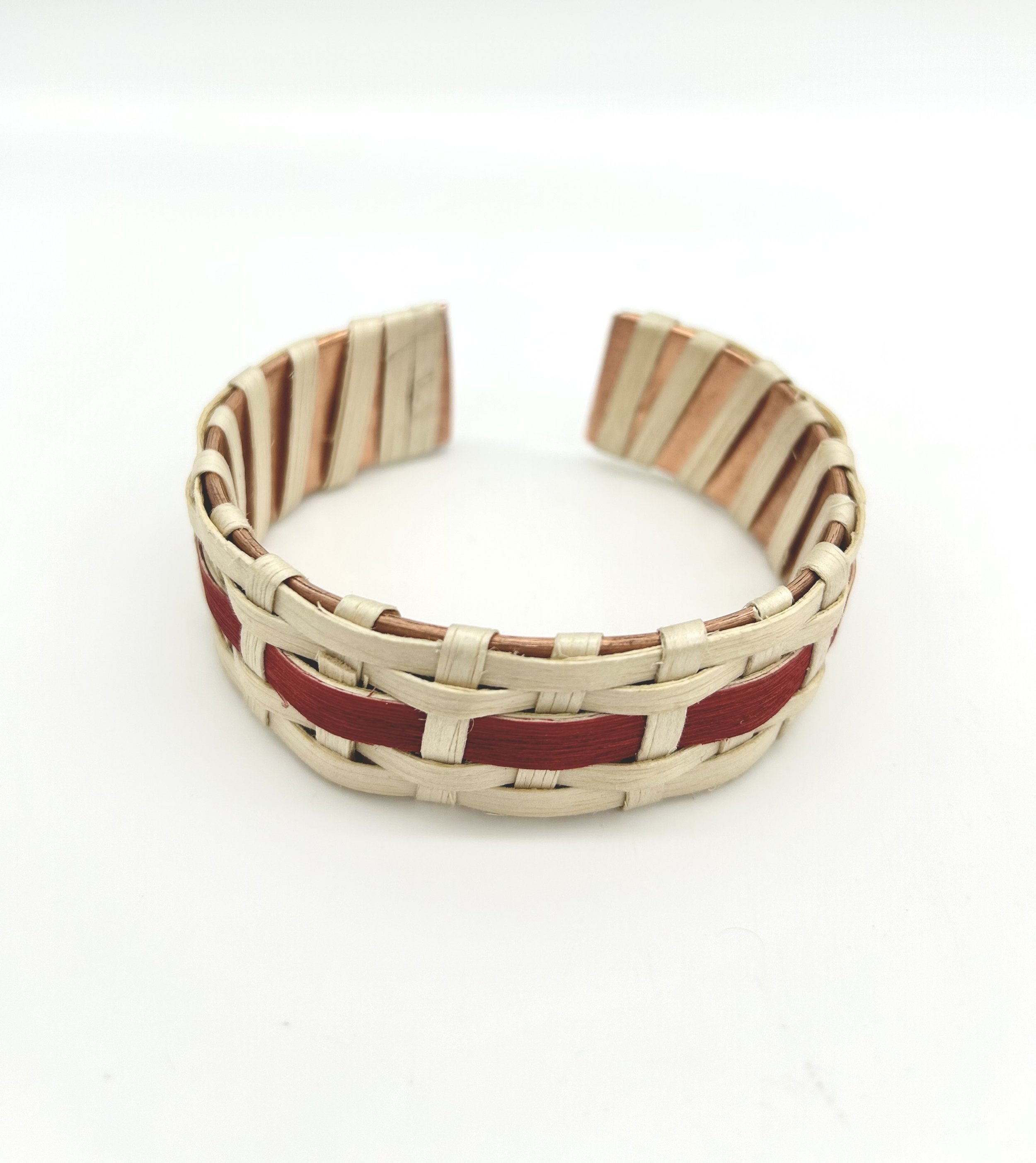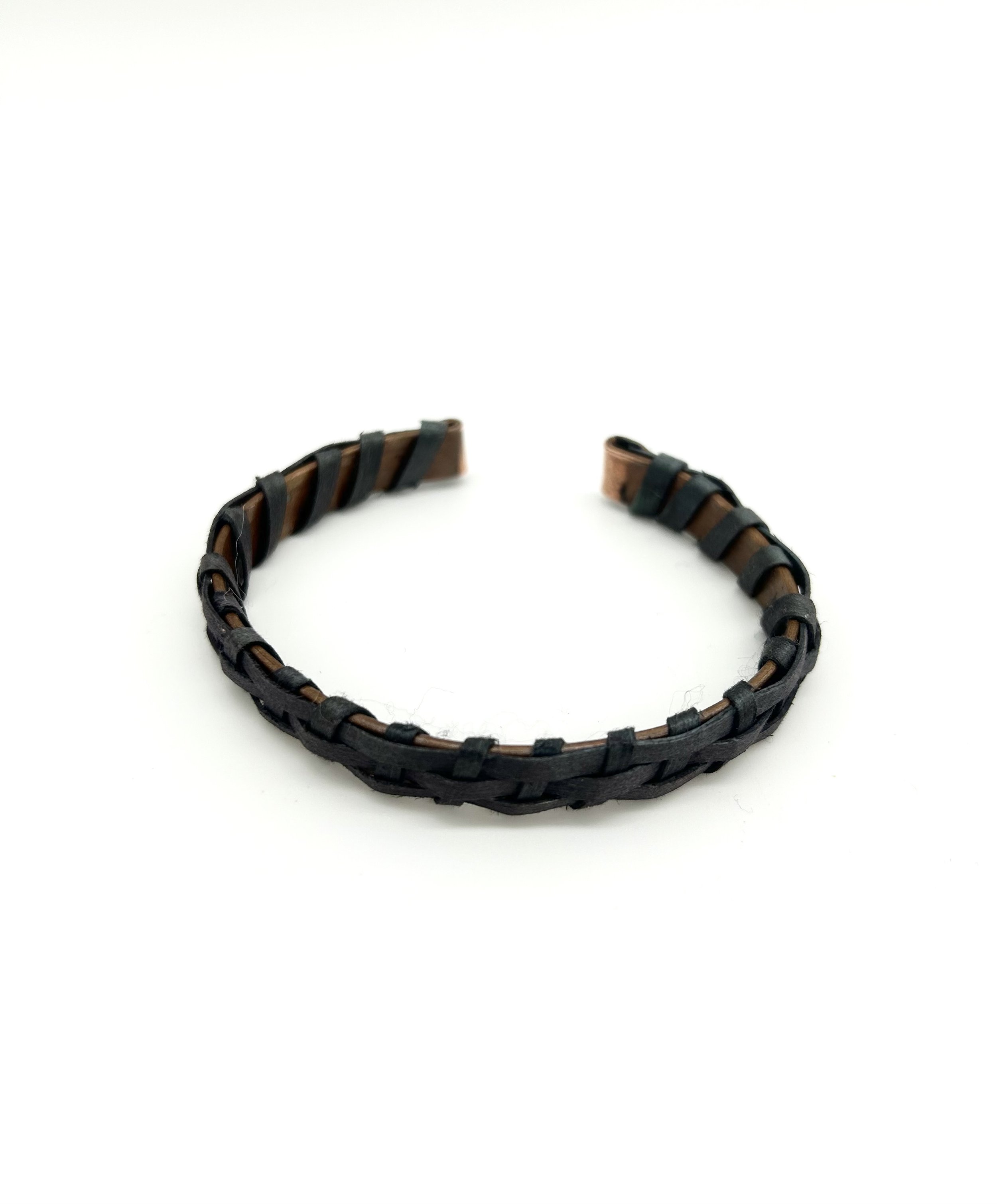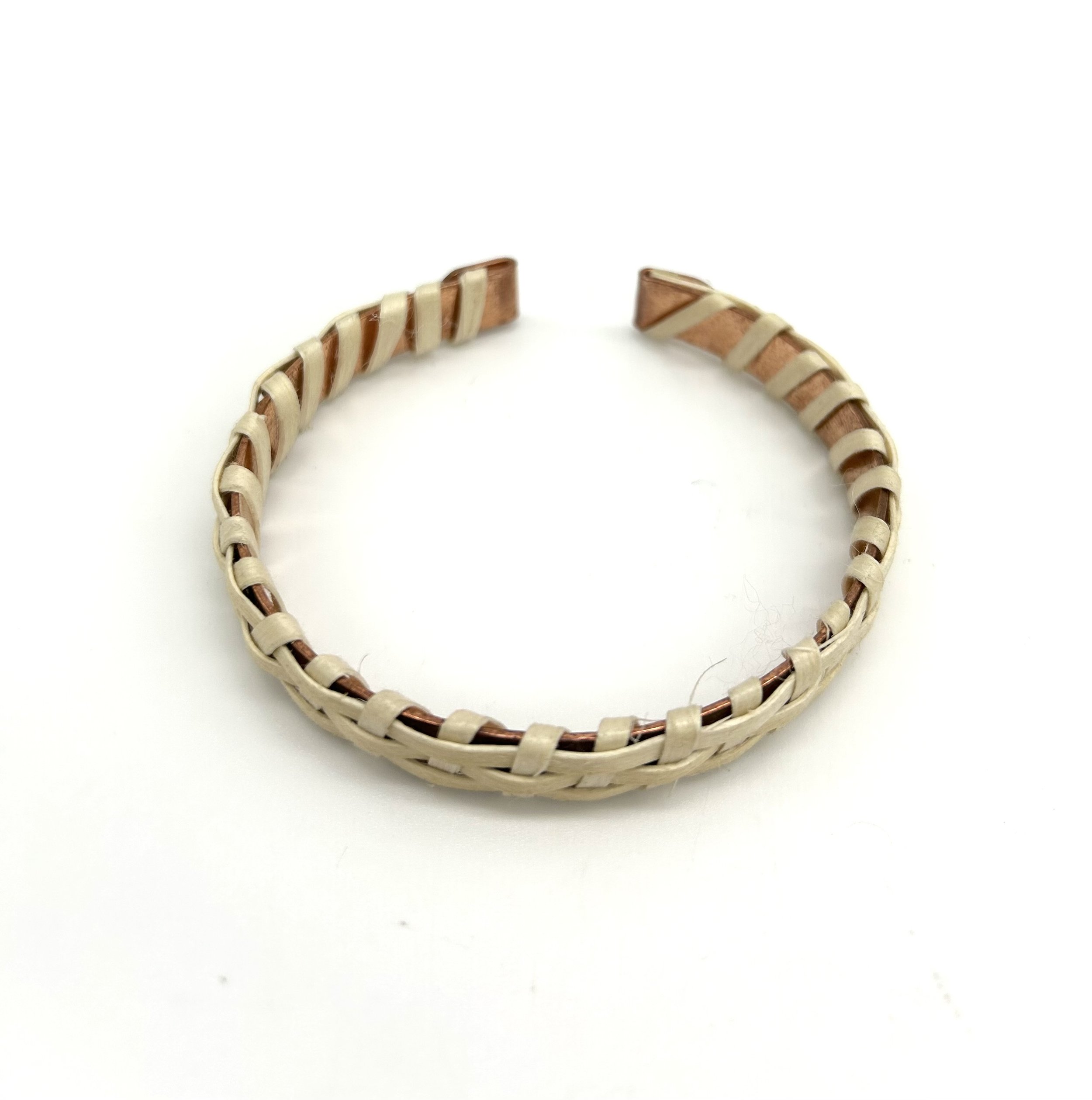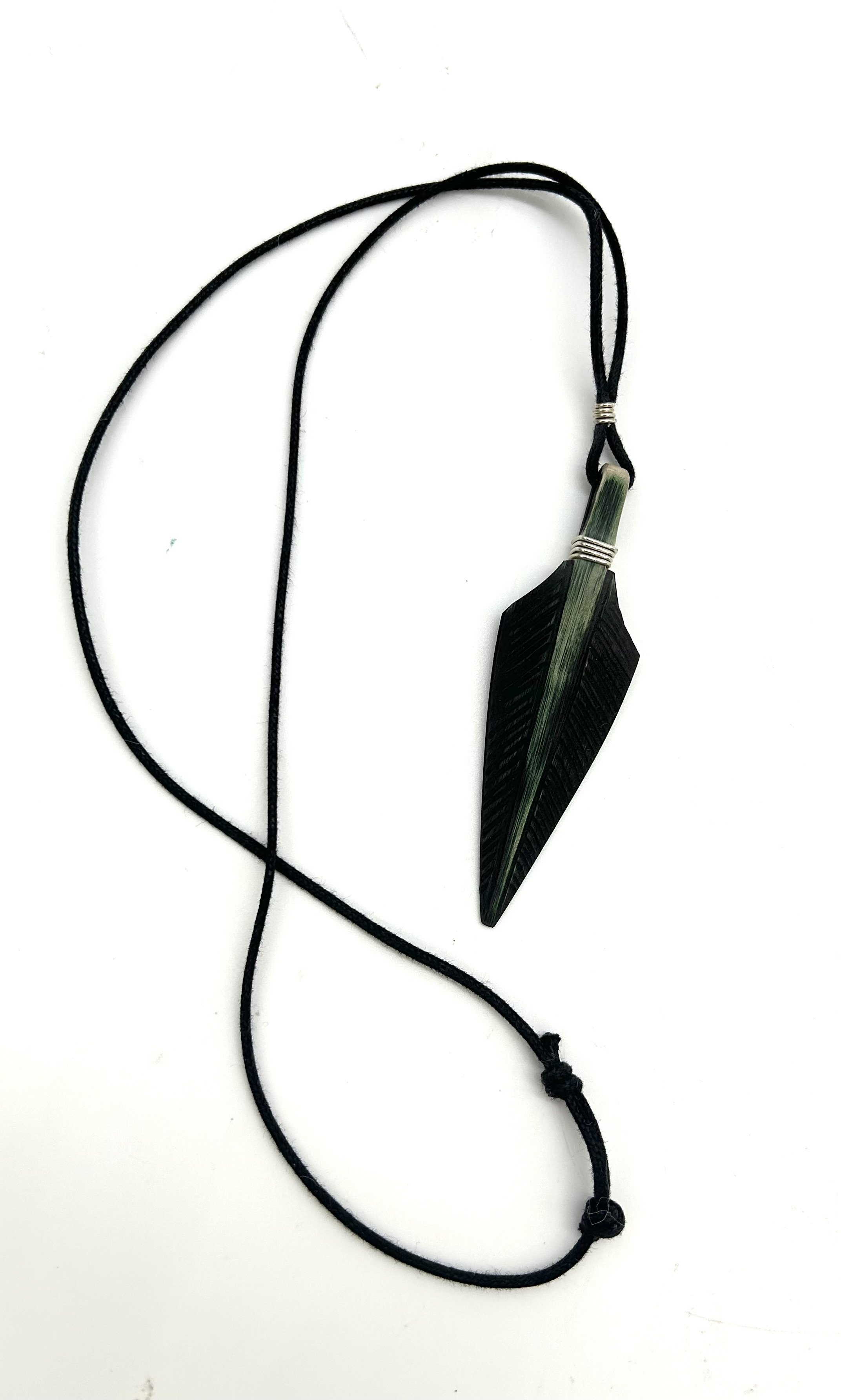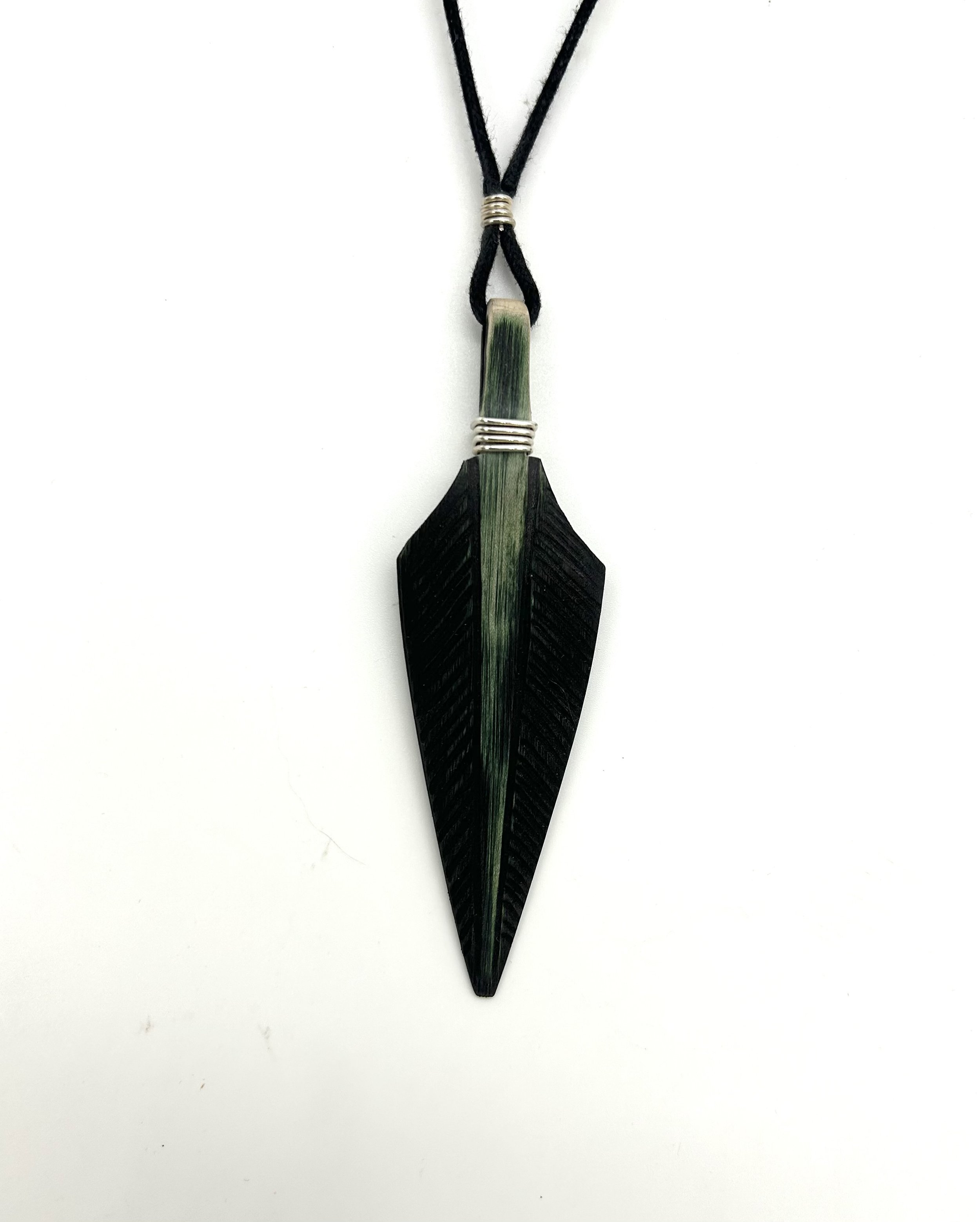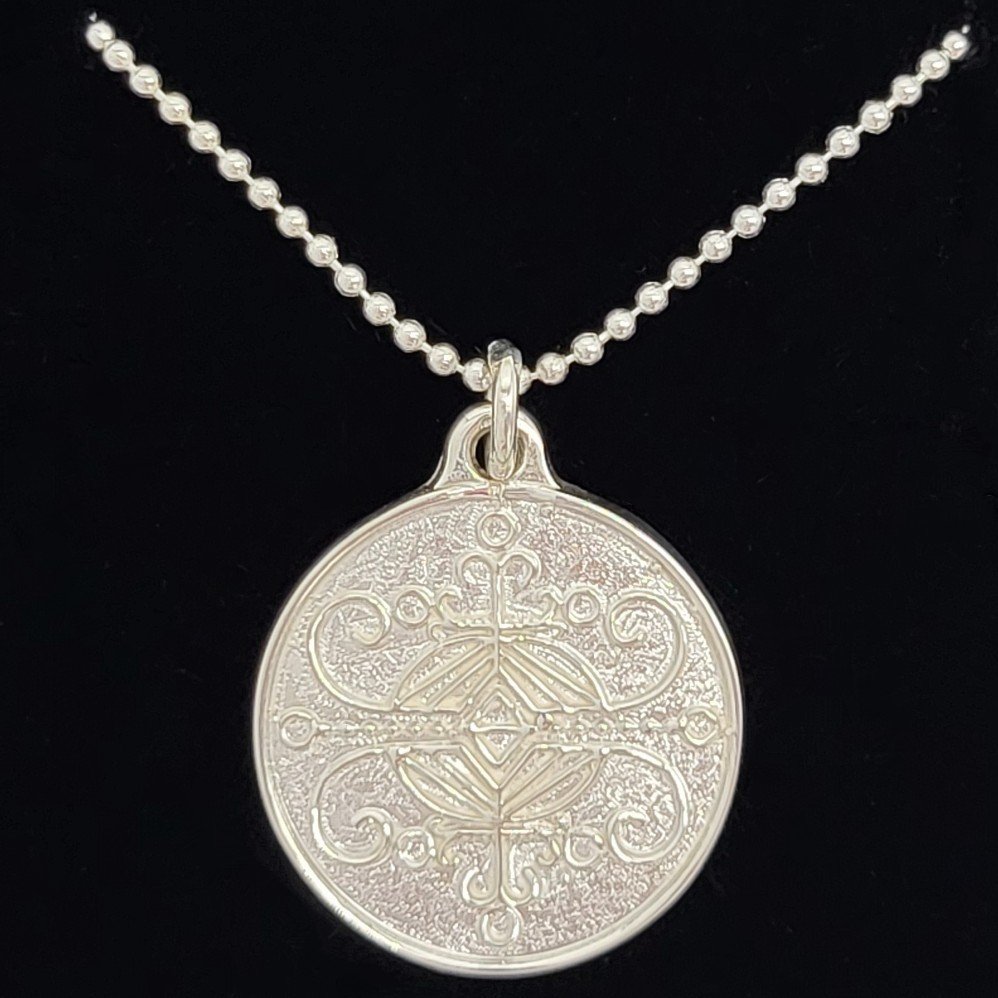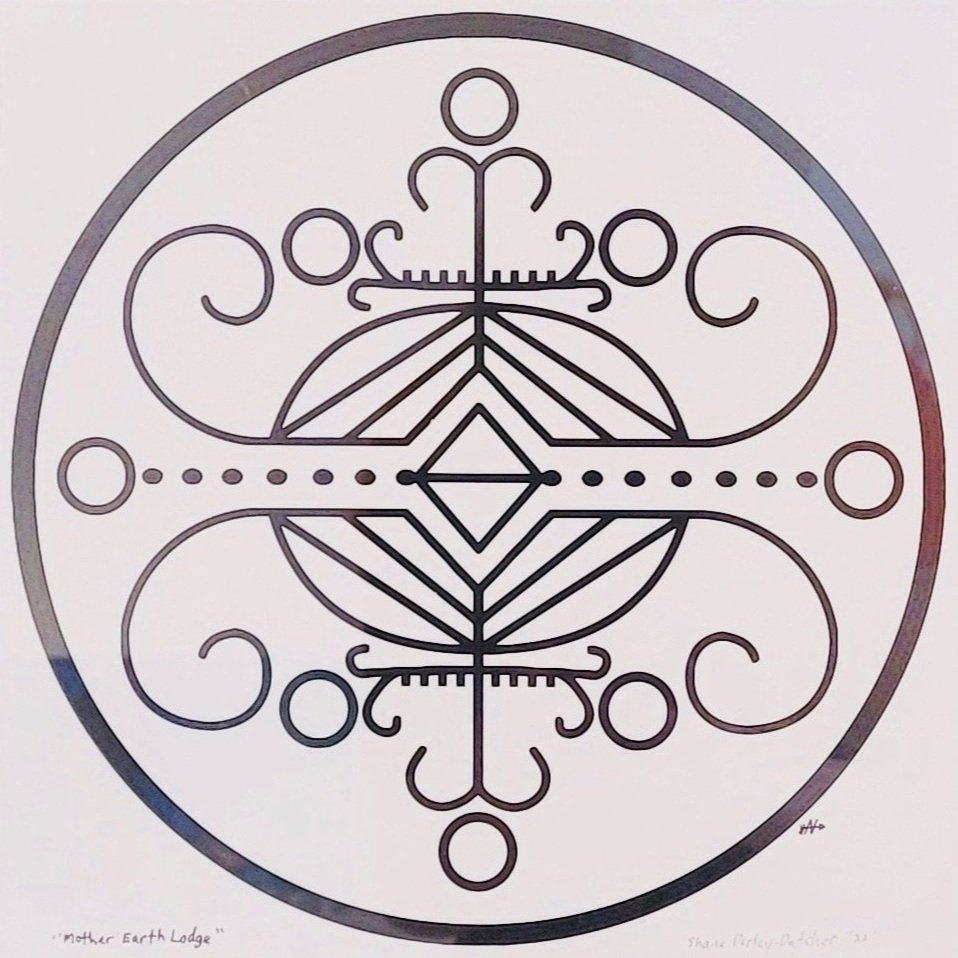Shane Perley-Dutcher
Potential, 2022 - Copper and cement
Kikehtahsu/Healing (round bottom basket)- $7000, sterling silver woven basket, pietersite stone
Reconciliation -
SOLD to Collection ArtNB for their 2022/23 acquisition. Woven copper basket with beach stone.
The stone and woven copper sculpture expresses the representational weight of society’s shared responsibility surrounding the Truth and Reconciliation Commission.
Wipun Pisonut (Feather Basket), 18” x 4” x 2”, Weaved Ash, $350
Skut Naka Samaqan (Balance "fire" and "water"), print, $360
Mother Earth Lodge, print, $360
Shane Perley-Dutcher is a Wolastoq (Maliseet) mixed media artist from the Neqotkuk Wolasqiyik (Tobique First Nation) in New Brunswick. His exposure to art began when he was seven years old. He then trained at the New Brunswick College of Craft and Design, earning a Diploma in Natives Art Studies and Jewellery Manufacturing graduating with honours and distinctions. Shane draws his design inspiration from Wolastoqiyik Traditional knowledge and contemporary aesthetics. Shane learned to weave from renowned basket maker Veronica Atwin in Bilijk (Kingsclear First Nation). His artistic mentor includes many exceptional individuals such as Shirley Bear, Peter Clair, Veronica Atwin, Gwen Bear, Charles Solomon, Ned Bear, and Brigitte Clavette.
Aduksis Jewellery Designs was created in 2006 and continues to grow to this day. Shane Perley-Dutcher continues to challenge himself as a mixed media artist and jewellery designer, with custom pieces found in private and public collections across Canada and internationally.
AJD designs use natural materials such as birch, cedar, spruce, ash, copper, silver, gold and platinum to create unique lines of jewellery and one of a kind sculptural pieces. Shane gathers his traditional materials for his art because it maintains his connection to the land. Building on this relationship will always be part of his creative journey.
Dutcher implies the term “reweaving” as a process of unlearning and then relearning many facets of his own identity and history. He repairs the metaphorical gaps by listening and learning from elders to better align his sense of self as Skicinuwok (a Native person). His work speaks to modern-day “Reconciliation” by analyzing regional histories of scalping proclamations and recorded/lived experiences of the elders who survived the atrocities of Indian Day Schools and Residential Schools. He points out the expectation generally falls on Indigenous peoples to forgive past wrongdoings at the hands of the governments and churches involved, instead of focusing of the systematic changes and the need to educate the general public on these issues. His work serves as a social commentary where the viewer is expected to engage within the dichotomies of historical Indigenous and Western relations.
Shane Perley-Dutcher contributes to Wabanaki art history by fashioning bodies of work that are authentic and truthful to Wolastokuk (the territory) and their collective identity.
